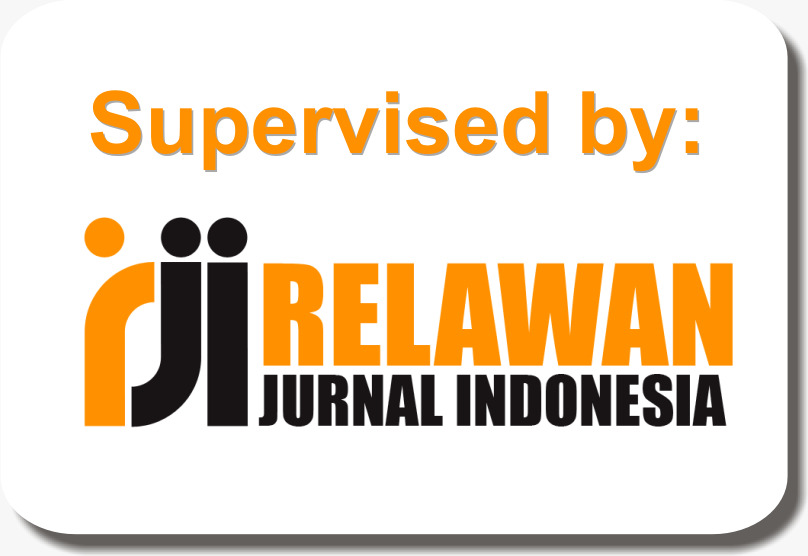THE POSITION OF THE WTO VALUATION AGREEMENT AND INTERNATIONAL AGREEMENTS REGULATING CUSTOMS VALUES FROM THE THEORY OF APPLICABILITY OF INTERNATIONAL LAW
DOI:
https://doi.org/10.52249/ilr.v2i2.20Keywords:
Customs Value, Customs Law, WTO Valuation AgreementAbstract
There is a problem in regulating the customs value in the Customs Law which contains only one article regarding the definition of customs value and rules for alternative valuation methods. Various other provisions in the WTO Valuation Agreement are not contained in the Customs Law. In order to provide clarity about the legal position of the WTO Valuation Agreement and various international instruments regulating customs values, it must be studied with the theory of the validity of international law. In terms of the theory of international law enforceability, it is concluded that the WTO Valuation Agreement has been ratified by the Law on WTO ratification and transformed by the Customs Law. Likewise, for the WTO Ministrerial Decision, even though it is separate from the WTO Valuation Agreement, because it is part of the WTO Agreement, its enforceability status and legal force are the same as the WTO Valuation Agreement. As for the legal products of the World Customs Organization (WCO) in the form of Advisory Opinions, Commentaries, Explanatory Notes, and Case Studies, they do not require validation, because they contain material of a technical nature or a technical implementer of the master agreement. In practice it can be considered by the judge because the material contained therein is considered international best practice.
Downloads
Published
How to Cite
Issue
Section
License
IBLAM Law Review by https://ejurnal.iblam.ac.id/IRL/index.php/ILR/index is licensed under Attribution-ShareAlike 4.0 International




